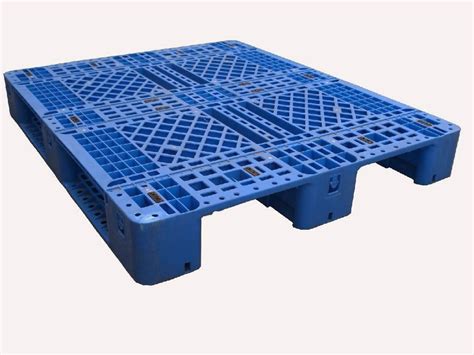Smart Pallets: The Future of Logistics Traceability and Control
The logistics industry is investing heavily in smart pallets—conventional structures enhanced with IoT, RFID, BLE, GPS, and even blockchain sensors—to improve visibility, monitoring, and efficiency at every stage of ground or air transportation.

Emerging projects such as the CHEP/BXB Digital program, where pallets incorporate temperature and location sensors, are already being piloted with major retailers in the US.
In Europe, the EPAL–Fraunhofer–Deutsche Telekom alliance launched the “iPAL” in 2018: more than 500 prototypes capable of reporting position, movement, and environmental conditions with batteries lasting up to 10 years. Another initiative validates RFID technology in industrial environments: Aucxis applied RAIN RFID tags to pallets and automated cranes to track more than 100,000 pallets annually in real time (cisper.com).
Among real-life cases, the implementation of RFID by an Asian appliance manufacturer stands out, improving inventory accuracy and reducing losses thanks to instant pallet tracking in global shipments. Furthermore, in environments with sensitive goods—such as food and pharmaceuticals—this type of pallet allows temperature and humidity control during transport, reducing the risk of spoilage (goodloading.com).
Despite their novelty, smart pallets face challenges: high costs, a lack of global standards, and the need for WMS systems capable of integrating the generated data (blog.toyota-forklifts.es). However, e-commerce demand, health regulations (such as the FDA in the US), and the evolution of 5G networks and industrial IoT are accelerating their adoption.
Overview of the next 10 years
Analysts estimate annual growth of ~4% until 2027, with progressive integration throughout the supply chain, replacing passive pallets. In a decade, we could see autonomous pallets that communicate with drones/flyers, fully automated warehouses, and blockchain-based platforms for secure traceability. Furthermore, their use will be widespread in road freight transport, where they can be integrated into routes, climate monitoring, and real-time contingency plans.
Smart pallets represent an evolution toward more efficient, secure, and transparent logistics, in line with the digitalization of land and air transportation in Mexico and around the world.
https://transporte.mx/pallets-inteligentes-el-futuro-de-la-trazabilidad-y-control-logistico
